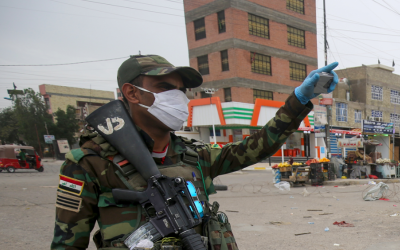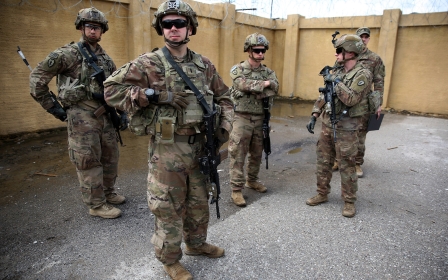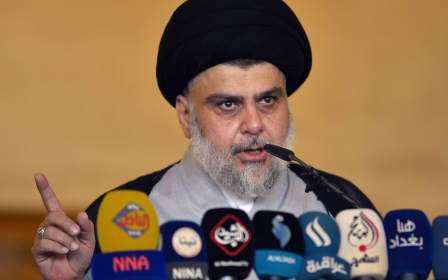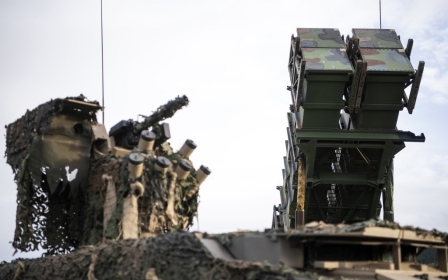Coronavirus: Iraq suspends Reuters' licence after report on infection numbers
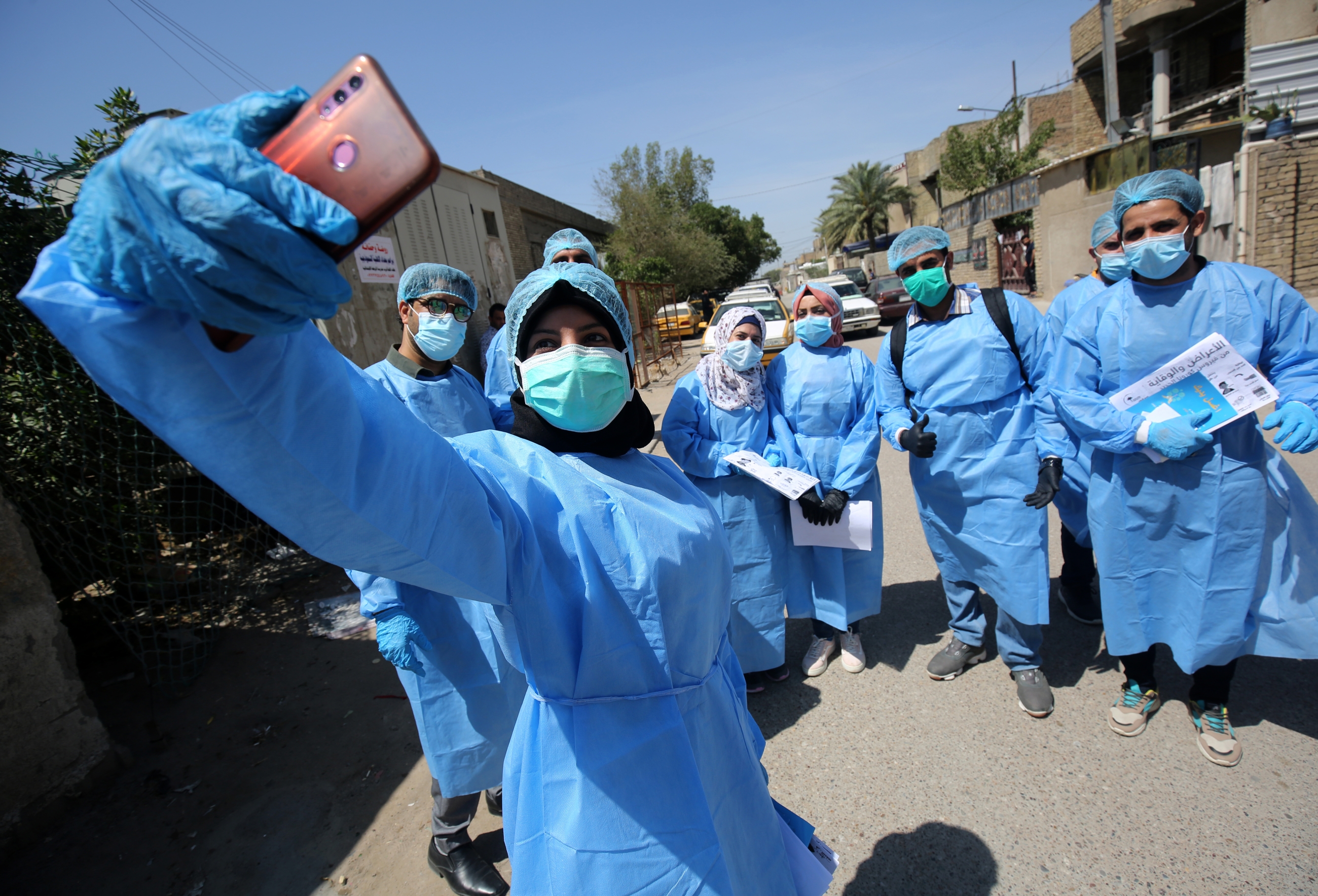
Iraq has suspended Reuters' licence in the country, following a report by the news agency that suggested the government had been hiding the true extent of the coronavirus outbreak.
In a statement, the country's communication and media commission (CMC) said it was suspending the licence for three months and imposing a fine of 25 million Iraqi dinars ($20,820) for "reporting false news and numbers relating to coronavirus cases in the country".
In its report, released on Thursday, Reuters cited Iraqi doctors, politicians and health officials as saying that the country had thousands of confirmed cases of Covid-19, many times more than the 772 publicly reported.
Three doctors working in pharmaceutical teams helping test suspected coronavirus cases in Baghdad said that, based on their discussions with fellow medics, there had instead been between 3,000 and 9,000 cases confirmed.
A health ministry official working in testing for the virus also said there were more than 2,000 confirmed cases from eastern Baghdad alone, while a political official - who Reuters said had attended meetings with the health ministry - also said thousands of cases were confirmed.
New MEE newsletter: Jerusalem Dispatch
Sign up to get the latest insights and analysis on Israel-Palestine, alongside Turkey Unpacked and other MEE newsletters
The Iraqi government hit back at the claims in the report, calling them "inaccurate" and a threat to "Iraq's public health".
The health ministry said it had the right to take "legal action to protect Iraqi citizens from such deliberate misinformation".
Reporters Without Borders (RSF) criticised the move on Friday.
"RSF denounces this sanction imposed by the CMC at a time when information about the pandemic is vital," the organisation wrote on Twitter.
Iraq currently has the second-highest death rate in the Middle East, with 54 officially confirmed fatalities from the virus.
Only around 2,000 people have been tested out of Iraq's 40 million-strong population and there have been fears that a spike in the number of cases could place a much greater burden on the country's already creaking and underfunded healthcare system.
Ghaith Ghaffuri, an internist at the Shahid al-Sadi hospital in the middle of Baghdad's Sadr City neighbourhood, told Middle East Eye that despite the best efforts of workers, Iraq's healthcare system was too fragile.
"If we get numbers like you get in the UK or in Spain or Italy, we will fall down," he said.
"It's all about the numbers - if the number rises up to 10,000, let's say, we won't even have enough beds to put people in and of course we won't have the ventilators for the badly infected people."
Middle East Eye delivers independent and unrivalled coverage and analysis of the Middle East, North Africa and beyond. To learn more about republishing this content and the associated fees, please fill out this form. More about MEE can be found here.


